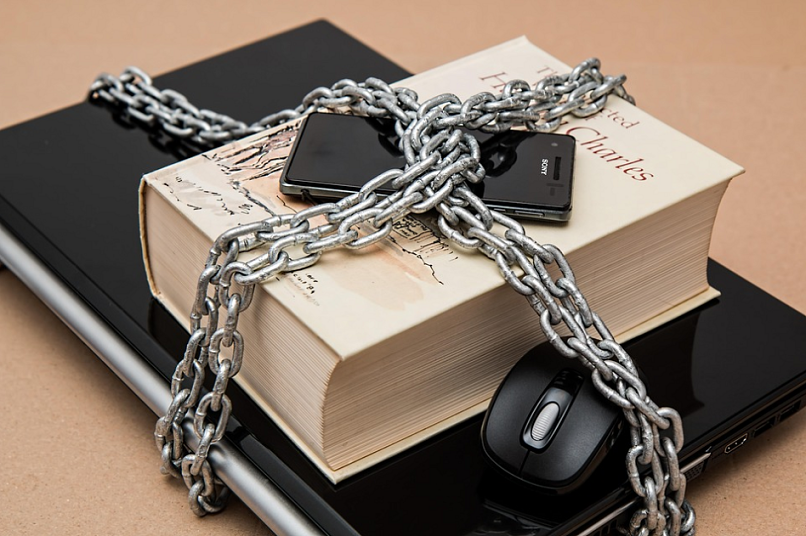UK's Children's Commissioner Urges VPN Restrictions for Youth

The UK’s Children’s Commissioner has filed a petition with the government to restrict VPN use for minors to prevent circumvention of age verification requirements under the Online Safety Act. This comes in response to a 6,000% increase in the demand for VPNs immediately following the Online Safety Act’s enforcement of the rule.
Implemented in July 2025, the law aims to curb exposure to harmful content for users under the age of 18 in the UK. This includes content deemed sexually explicit, violent, abusive, and promoting self-harm, stereotypes, or dangerous activities. The broad definition of these terms meant that it not only applies to “adult” sites but also to social media like Facebook, X, and Reddit.
Platforms are now required to implement “robust” age verification policies or face hefty fines or serious legal challenges. Many have already resorted to various forms of photo ID, often outsourcing these processes to third parties.
This has caused intense concern among the public and advocates regarding the potential for mass surveillance, data breaches, or other privacy violations. Many websites and services operating in the UK, like Wikimedia Commons, iMessage, and X, publicly threatened to either simply withdraw from or block users in the UK rather than comply with the data-gathering mandate.
By connecting to a VPN server in another country, websites would not know that the visitor is from the UK, enabling circumvention of either local restrictions or age verification policies.
VPNs are readily available and only cost a few dollars a month, making them a feasible solution even for youth to skirt these requirements. In response, the Children’s Commissioner, Dame Rachel de Souza, labeled them as “a loophole that needs closing” in an interview with BBC Newsnight. The petition urges lawmakers to force VPNs "to implement highly effective age assurances," echoing the requirements of the Online Safety Act.
A spokesperson told the BBC that VPNs are legal tools that the government has no plans to ban. However, they warned that platforms that “deliberately push workarounds like VPNs to children” may “face tough enforcement and heavy fines."



Please, comment on how to improve this article. Your feedback matters!